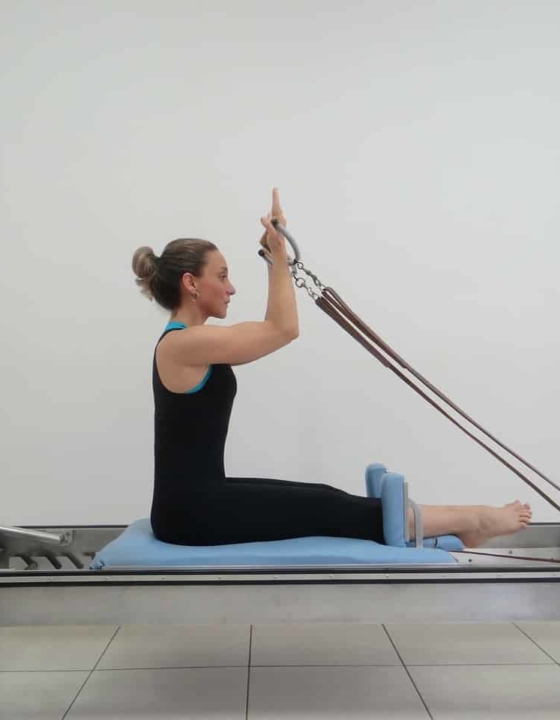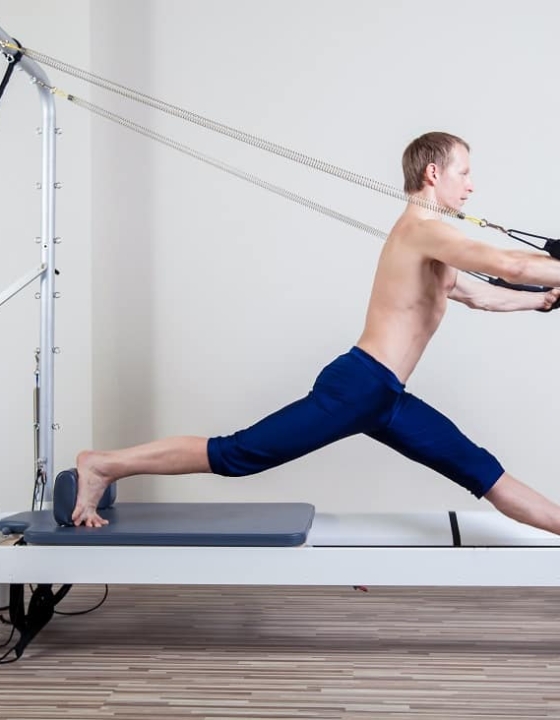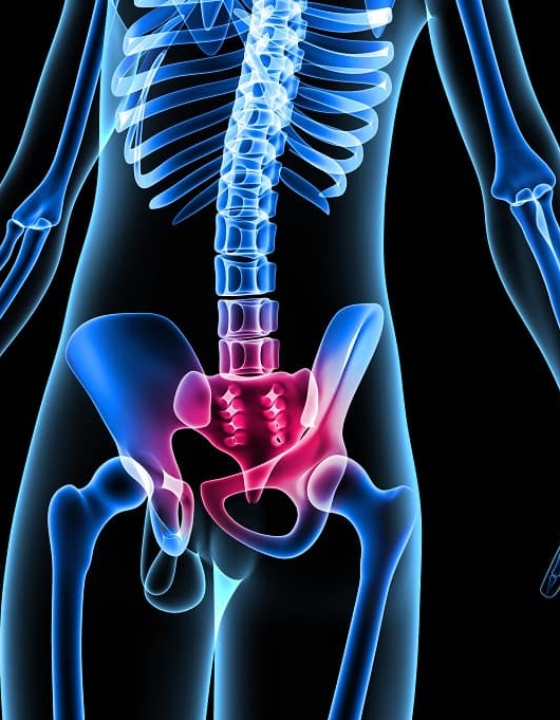Addiction is as much a personal problem as it is a societal one, with such a multi-faceted difficulty also requiring a multi-faceted approach to its subsequent treatment – from chemical interventions to those of the more spiritual nature.
One among these is that of yoga, which has been extensively researched and analyzed for its potential to improve an individual’s life in a variety of ways, physically, mentally and spiritually.
Though many may be skeptical at first, yoga is in fact increasing in popularity as a medical adjacent therapy for the purposes of reducing the chance of relapses in recovering addicts, as well as a method of achieving psychological improvement via yoga’s meditative aspects.
Can Yoga Help Addiction?
Yes – yoga may help individuals recover from their addictions, though only to a certain extent as the limits of simple spiritual and physical reinforcement are brought into play against a problem as complex as addiction, especially on a case by case basis.

Bright Future Recovery notes that yoga is best used in combination with other forms of addiction recovery treatments such as participating in a rehabilitation system as well as taking part in regular counselling wherein yoga’s restorative and mindfulness boosting effects can improve upon the framework set by the treatments.
What Type of Yoga is Used for Addiction?
Modern yoga encompasses a wide variety of branches that all serve different purposes and focuses, with such types of yoga such as the hatha branch being devoted to asana – or physical poses – so as to induce an exercise stimulus as well as a calming effect on the mind.
In terms of addiction management and treatment, however, yoga in its most general form is found to best prevent relapses, reduce the impact of withdrawals and cravings on the patient as well as give them a healthy and progressive outlet for their negative experiences.
What Aspects of Yoga are Most Effective at Treating Addiction?
While addiction is a problem with a variety of causes, albeit physical, financial or otherwise, the routes of treatment offered by yoga are just as diverse, depending on what sort of yoga branch and which particular aspects of yoga are needed for such a treatment.
Generally, yoga imparts a distinct benefit to its practitioners in the way of its physical exercises, mental state improvement via mindfulness and spiritual understanding of oneself and the universe around them.
Any combination of these factors can work to aid a recovering addiction patient on their way to overcoming their problems, so long as it is combined with similarly effective methods that have also been as well studied.
Can Yoga Replace Modern Addiction Treatments?
The answer in this case would be a resounding no – while yoga is no doubt effective in a variety of ways at managing and aiding in the treatment of serious addictions, it is no replacement for such methods like cognitive behavioral therapy and direct chemical intervention.
As such, individuals may use yoga as an adjunctive treatment wherein they perform their yoga exercises and studies alongside their prescribed rehabilitation methods so as to maximize the chance that they may recover completely.
What are the Physical Benefits of Yoga for Addiction?
The physical benefits found in yoga are truly numerous, and often an extension of its various mental and spiritual benefits, with individuals regularly practicing yoga often finding that their musculature and heart rate have both achieved a steadier level of function.
Other benefits of the physical nature derived from regular yoga practice are that of improved flexibility, a deeper understanding of the individual’s body and what it may require, and a meditative method of breathing that not only lowers the heart rate but can calm the emotions.
These benefits are in addition to those found in practically any form of exercise – not only that of yoga – such as an increase in physical energy, faster physical healing and a reduction in a wide variety of catabolic hormones such as cortisol, also known as the stress hormone.
What are the Mental Benefits of Yoga for Addiction?
While cases of addiction are no doubt directly involved in such physical matters like chemical dependence and the management of physical conditions such as pain, one cannot deny that a significant portion of recovering addiction patients also possess psychological characteristics that were acquired or developed during the course of their addiction or were otherwise always present.
As such, yoga’s ability to instill calmness and acceptance of oneself and their surroundings by way of mindfulness and meditative practices can be quite beneficial to individuals suffering from addiction related or addiction causing mental stressors.
This is achieved both through the practice of pranayama – or meditative breathing – as well as yoga’s general principle of attaining proper relaxation and inner peace, not only while practicing it, but also in one’s day to day life.
What are the Spiritual Benefits of Yoga for Addiction?
The more esoteric and meta of yoga’s aspects, spirituality is at the core of many beliefs and practices found in this Eastern lifestyle, of which can also translate directly to real benefits found in a recovering addict and their path to sobriety.
Satya, one of the primary principles found in yoga, ascribes to the internal ethic of retaining truthfulness to oneself and to the world around the self, of which creates a parallel with the step in many recovery programs wherein the patient must come to terms with their own addiction and life situation.
While yoga itself is no substitute for modern day addiction rehabilitation programs, the principle of Satya and many others such as Brachmacharya and Shoucha (purity) can be combined alongside other plans of recovery such as the twelve steps program in order to reinforce the habits and beliefs involved therein.
References
1. Posadzki P, Parekh S. Yoga and physiotherapy: a speculative review and conceptual synthesis. Chinese journal of integrative medicine. 2009 Feb;15(1):66-72.
2. Kuppili PP, Parmar A, Gupta A, Balhara YPS. Role of Yoga in Management of Substance-use Disorders: A Narrative Review. J Neurosci Rural Pract. 2018 Jan-Mar;9(1):117-122. doi: 10.4103/jnrp.jnrp_243_17. PMID: 29456355; PMCID: PMC5812135.
3. Woodyard C. Exploring the therapeutic effects of yoga and its ability to increase quality of life. Int J Yoga. 2011 Jul;4(2):49-54. doi: 10.4103/0973-6131.85485. PMID: 22022122; PMCID: PMC3193654.
4. Mina Marefat, Hossein Peymanzad, Yaser Alikhajeh, The Study of the Effects of Yoga Exercises on Addicts’ Depression and Anxiety in Rehabilitation Period, Procedia – Social and Behavioral Sciences, Volume 30, 2011, Pages 1494-1498, ISSN 1877-0428,https://doi.org/10.1016/j.sbspro.2011.10.289.






















